Urna interviews Nabina Das, a poet whose work delves into complex issues through evocative imagery and nuanced language, exclusively for Different Truths.
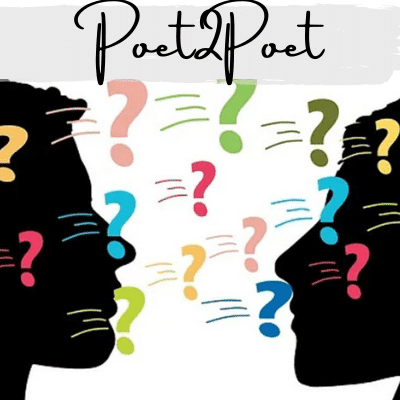
Nabina Das is a poet whose work demands and commands a deeply attentive and immersive kind of reading and readership, for it comes with a robust underpinning: the poetic nudge to pry open all that keeps us shackled. An openness to imbibe a multiplicity of viewpoints across the long, abiding corridors of our layered, complex political, cultural, and economic histories. Her poetry doesn’t shy away from posing questions to long-standing narratives while in the same vein, holding out goose-flesh-inducing imagery and nuanced answers in many a sub-text, interwoven gently between words and lines, memory and musicality, ideologies and worldviews.
Urna Bose: What was your childhood like? Who were your favourite authors in your tween or teenage years? What was your most favourite genre? What role did books, authors, poets, or libraries play as catalysing agents of formation during your childhood?
Nabina Das: As a poet and writer, I also wonder what a writer’s life is! We read about stellar artists in niche journals or in books and once we cut through the exuberant language, we see that writers are humans like all else. My childhood was like any other child’s in modern India, in a growing city, part of a system that favoured the haves, except that I came from a family of dreamers. The other good part is that I am from Guwahati, Assam, very happy and proud of the syncretic heritage I have inherited from being a bilingual individual with more than two or three cultures shaping my need for questioning all I saw around. Growing up in the 70s, literally by the river Brahmaputra, what played on my senses very early on were the river, music, and words, in that particular order.
My need to pick up writing was to be able to search and ask questions. The political events that propelled and shaped my parents’ lives, the ethnic and linguistic conflicts in my home state, and later the long-drawn students’ movement protesting illegal border infiltrations, made me aware of the fact that nothing is safe in writing. Writing itself grows out of conflicts and queries. And of course, out of dreams for a sane world. We don’t ever wish for a dystopia, but a utopia can barely birth meaningful literature on a significant scale. Poetry, hence, cannot be only sighs, whispers, tender feelings, or eternal mirth. Poetry is one’s essence – it is the human experience encompassing tragedy, disappointment, resistance, and rejoicing in overcoming lived moments of reality. These are the tools that polish the gem that is poetry. Why only poetry, this is true for all genres as well.
Now, in this context, genre is a word I learned much later, and it is still not a favourite word of mine when it comes to discussing literature. Of course, we have novels, poetry, travelogues, short stories, and essays as categories. As a child, these forms were rather fluid in my perception. To some extent, it continues to be so even now. Personally, when I read a beautiful short story, I feel the same ecstasy as when I read a wonderful poem. Prose, novels or otherwise, also often comes to me as poetic when I perceive the writer’s expressions to frolic deep within the senses. Frolic is the word. Playfulness and enjoyment are the keys to good writing, not tailoring to genres in a compartmentalised sense.
As a corollary to the above, I’d love to mention that most poetry, proverbs (many in metered forms), stories, etc., in the old world culture (of which I’d have had a glimpse, luckily), are rendered in singing as folk songs, in reciting as riddles, in rhythmic reading or chanting as in the Lakshmi Panchali, Naam Gaan, and so on. My child’s mind learned to recognise those “forms” that are quite fluid. My paternal grandmother was a big “influencer”, if I may use the term! Her contribution was entirely to fill up our heads with songs and stories from folklore and mythology. My father was a bohemian and political activist in his early life. He sang well, played the flute, and loved reading poetry aloud. Mother was, however, the real motivator in having me practice music and writing. I remember her accompanying me to music recitals, competitions, and private events at home. All this while often riding the rickshaw or walking from one neighbourhood to another. She carefully saved each notebook in an old suitcase that I scribbled on and finished, as well as my music books with songs and Raga notations.
We had plenty of books in the house, being privileged again, to be able to buy books. My well-off neighbours, naturally, had other values. Most of my friends used to comment that our house believed in buying more books than luxury items, furniture, or cutlery. Books grew out of all surfaces, shelves, tables, even chairs and corners of our bed! When we felt the books at home were not enough, my brother and I accompanied our father to the District Library in Guwahati and borrowed books to read. Our family was notorious for gifting books not just for birthdays and housewarmings, but also for weddings and specific festivals.
Although influenced heavily by Left ideologies, my father’s side also leaned toward good cuisine, music, and the arts. We were migrants from the “ancient” Kanyakubja to Bengal and Assam, and while caste supremacy was looked down upon with open defiance, the ancestors – mainly social hybrids – loved comfort, poetry, and the rule of science. My father (an atheist) once explained how within the folds of Hinduism, the ancestors had an allegiance to the Lokayata Dharma or the materialist philosophy of Charvaka, which was disfavoured by the larger caste-ridden society. In the midst of all this, my foremothers were the harbingers of a Weltanschauung through their storytelling, alpana-making, embroidery, singing, and culinary skills. Influenced in equal measure by the Shakta and Vaishnava philosophies, their mainstay was education, women’s emancipation (my maternal grandfather was at its forefront), and philanthropy.
At home, reading habits were encouraged more than any other preoccupation. Side by side my grandmother’s stories of the Ramayana, the Mahabharata, and the Jatakas, and my father’s encouragement to read the world classics in abridged versions for children – Gorky’s Mother, Dickens’ A Tale of Two Cities, O’Henry’s short stories among the lot – I read copious Bengali poetry and fiction at home and Assamese poetry in school.
My felicity with both Assamese and Bengali had me writing in both these languages very early on, trained in the former at school, and the latter at home. I knew I was bilingual and knew that many other languages were to grow on my skin later. My mother was a Tagore fan, so there we had everything “Rabindrik” flowing to us from her in music, poetry, and worldview. The influence of Assam’s Bihu, and the Bhagawati tradition of Srimanta Sankar Deva reflecting in the glorious Borgeet the saint had composed shaped another side of my artistic quest. It was a lucky stroke that the doyenne of Assamese literature, Nirmal Prabha Bordoloi, had a glimpse of a few poems I had written. She sent back word through a friend of my father that “this girl must keep writing she has that depth in her”! Not understanding much at that time, I took it to be a sanction for me to fill up more notebooks.
All these point in a direction where there was no rigour. As kids we didn’t go to any summer camps, there was no after-school, or anything called “projects”. We read voraciously. I even read the Kamasutra at age 12, secretly, on summer holiday afternoons when everyone lay in the siesta. Reference to this occurs in some of my poems and stories.
So, one thing I can tell poets and writers who come asking for tips – just read, read, read. Reading is the first most important stage of writing, the way waves are inseparable from water, and leaves from trees. And there’s nothing mystifying in how a writer or poet does it. No classroom can instruct, no workshop can train. Books and the world around us are great teachers. What we poets and writers who have managed to traverse some miles can do, is to keep holding hands of emerging poets and writers; therein are situated the solid banks that gently hold and guide the flow of a river.
UB: Paul Auster wrote, “Translators are the shadow heroes of literature, the often-forgotten instruments that make it possible for different cultures to talk to one another, who have enabled us to understand that we all, from every part of the world, live in one world.”
Tell us about your book of translations, Arise out of the Lock: 50 Bangladeshi Women Poets in English (curated by Alam Khorshed, Chittagong), and what criteria do you keep in mind while picking translation material?
ND: On and off I have been translating snippets of poetry and prose, almost as a seamless organic effort. That last bit I should explain: joy and delight were always the main aspects of anything that I have felt like translating. If a poem or a story stirs the heart, it qualifies immediately. Then I look for where this writing is coming from, the writer, her world, her struggles, etc.
Arise out of the Lock (Balestier Press, UK), interestingly came to me. A translator friend who is mostly known for his work on novels in Bengali suggested working with Bangladeshi women poets to have a book out in commemoration of the golden jubilee of Bangladesh. He introduced me to Alam Khorshed, who agreed to be the curator of the collection. Alam bhai, who runs Bistaar: Chittagong Arts Complex, meticulously sourced 50 Bangladeshi women poets right from the inception of the country till the present day. The scanned poems arrived in my mailbox. For me, this was just a whole treasure waiting to be explored. I’m comfortable translating from Bengali as well as from Assamese, hence, the idea of working with Bangladeshi women poets appealed to me. Familiarity with Bangladesh’s literature was a plus point.
However, I hadn’t translated a whole collection of poems before this, and such a large number of diverse ones. When I opened the scans and started to look at them, I actually got butterflies in my stomach.
The poems were evocative, lyrical, direct, irreverent, conversational, caustic, romantic, angry – everything! Here I was in conversation with women who were more than two generations older than me, and then others who were just being heard among the country’s readers and writers. It was an immense feeling to confront these poems that summed up a nation’s raison d’etre, a land’s culture and ethos, a people’s language, psyche, and life. The magnitude of this sensation gripped me, which was a little bit of fear, and a great deal of excitement.
Till date, this was the reverse of all that happened earlier. Here I wasn’t stumbling upon poetry or fiction that gave me that sudden joy or delight so as to be able to translate them. Here the book was already planned. I just had to begin reading the poetry carefully and begin my translation.
To be honest, out of trepidation, I kept nibbling at the scans of the poems for a week or more, but did not put a single word in translation on the paper. As much as I enjoyed the poetry, the formidable range of work in front of me stunned me into temporary inaction.
I called up my mother to talk about the poetry and read a few lines to her. There was no one else I could discuss this corpus with, for she was the one who had some idea about “O-paar Bangla” – the other side of Bengal – and its culture, music, and literature. She didn’t know the poets individually, but when she heard the names of places, flowers, geographies, rituals, etc., she began telling me stories she knew about the people and their lives on that side.
Through these micro discussions with my mother on daily phone calls to Kolkata, I started gaining some insights into my translation “project”. I moved away from a linear reading (arranged chronologically) and started to read in a mixed manner, and from backwards (which I sometimes do for fiction too!). The themes were amazingly varied – the COVID lockdown, pastoral Bangladesh, classic and new takes on love and loss, mythological retellings (both Islamic and Hindu), desire and longing, realism and aspiration in a modern growing nation, and of course, Bangladesh’s war of independence, the muktijuddho.
Suddenly one evening, the dam burst. I began translating furiously one poem after another. Within a fortnight of September 2021, I had a sort of first draft ready. All through this period, I hadn’t paid attention to anything around me, but only translated, like a woman possessed. I shared my work with Alam bhai, and he seemed pleased. He was kind to suggest a few modifications, which I was happy to carry out. Then I left the manuscript for about 10 days or so, before I returned to it.
Naturally, some more work continued. The book was picked up by Balestier Press, UK, a publisher of books on South and East Asia, with a focus on translations. Other than Alam Khorshed tirelessly curating the poems, I was lucky in terms of the book cover and the foreword. Iconic sculptor Novera Ahmad’s creation “Avenging Angels” was used as the cover image, adding spark to the fact that one of the poems here speaks of Novera’s sculpture and art. Sadaf Saaz, the Director of Dhaka Lit Fest, agreed to write a generous foreword.
To speak of the process of translation for this book in particular, I found myself confronting several challenges. The early poems had a specific tone and syntax and were mostly rhymed and followed a traditional form. The images were also rooted in Islamic or Hindu mythology. Fidelity in translations was really put to the test in such cases. My attempt to maintain the rhyme scheme in English actually seemed a fabulous effort. It made me aware of the range of semantics, the nuances that words carried, and the poet’s intentions. The latter is where the joy erupts, once you internalise it.
There were quite a few poems – after Bangladesh was born and then, was at a stage of accelerated growth – that flouted free verse with a “post-modernist” bent. I use the quotes in a tentative sense—the categorisation could be something else. These poems walked several thin lines and thrived on images at once fantastic and opaque. The language certainly did not attempt to allow easy access. I won’t call them deliberately dense, but these poems adopted a stance of their own.
Then to translate poems that were radical, irreverent, and conversational demanded that the independent voice of the poet be heard even in the translations, such was the power of its play on the language. All the while, I was aware that this book was not just any Bengali language poem collection. The 50 women poets we had chosen, were spread across generations. They were witnesses to their nation’s emancipation and growth, and to the global presence that Bangladesh now has acquired in its 50 years of existence. In all, this was very energising, to be able to delve into women’s stories particularly when, the dominant narrative of the nation, identity, politics, etc., is given to us as a masculine phenomenon.
Both Alam Khorshed and I wish to have editions in India and Bangladesh so that more people can access the book. While I’m waiting for impending good news from Bangladesh, the search in India is still on. I believe, because of the current political disposition we have here and the impact of Bangladesh’s new political upheavals, Arise out of the Lock might not have it easy yet in India.
UB: Many poets feel that a poem is a living, breathing creature – a pulsating entity. And that once the poem’s out, one must not “correct” it or “edit until death”, while others believe in relentless editing even if that takes away much from the original draft form. What are your thoughts on this?
ND: I think one really should not waste time trying to decide which one is the correct method. Poetry, or even for that matter, prose, is a creative process. That creative process is at times a gut feeling, and at times an evolving scenario. I’ve left freshly written work feeling quite sure about it, and at times, I’ve come back to my work and found that it can do better with some editing or revising.
This is not a formula for anyone to know exactly when is what.… But perhaps one can say cooking is a good example to cite. The way you prepare a roast, check it from time to time, baste it, and when done, let it rest for a bit for the juices to ooze, collect, and temper the surface! Usually, I write a poem or a paragraph and leave it. Upon returning to it, perhaps after a couple of days, or even a week or so, I let my gut feel that piece of writing, literally. I certainly work on it if my gut tells me to. Otherwise, my poem is very much ready. Yes, a tender, aromatic, delectable, sometimes juicy, and even a sizzling dish! Sorry if I seem to have eaten up the living, breathing creature, but you get my drift!
It’s crucial to be aware of other modes of bettering one’s writing. One is to pay heed to some critique from a person/s you trust. Your first reader, your editor/s, or a fellow poet/writer. The social media culture has made everybody an “eminent” poet, leading us to believe we cannot be given suggestions, advice, or guidance. It’s like standing in front of a magic mirror where you say, “Who is the most beautiful of all?!” And we hear what we want to hear. Intelligent criticism can make a world of good to our writing.
Joining a group of like-minded cohorts also helps. Here, we may have more than one person give us their opinions. It is true, that not all critique requires to be translated into revisions, but one should pay heed and then choose with diligence. Whether I’m an established or an emerging writer, all this will only make me stronger and richer. And we then continue to write for the love of writing, not fame or a fancy future!
For new writers, all I’d like to urge is, to “sleep on” your new work for a bit. It doesn’t harm. Sleep gives rest, sleep gives dreams. At times you return with fabulous ideas to improve. At times you see that silver lining. Self-critiquing can also be a joyous task where too much self-love can cloud literary judgment. A workshop that I conducted at Buddhapada Institute, Kalimpong, this June (supported by Red River Press and Buddhapada) was precisely designed for this. Too much social media “eminence” or perceived hierarchy among poets was not the workshop’s concern; no one was a prima donna here. The goal was to find a kind, helpful, democratic space spiked with fun and creativity. It concluded with this group of diversely aged, experienced, and socially located individuals to come to share their inner essence translated as poetry, as humane thoughts, and as rubrics for empathetic creation.
This may be out of context, but I also question myself and others as to why we write what we write. For me, it’s been a deep philosophical question because writing is not simply a hobby or pastime for me. It was compelling for me to talk about my surroundings, the people, the society, and the experiences cradling it all. The power of the story in writing drives me to write. Also, from where I come from, that spatiotemporal location, we have histories being handed down as well as played live: the Partition memories of my elders, the language and religious politics around us, the tragedies and successes of people of our villages, towns, and cities, and the dreams that we as humans harbour against all odds.
It is not enough for me to see a flower only as a flower, a riverbank as only as it is, and love or loss only as flat unidimensional emotions. Rather, they carry a past and present in them, and the ability to multiply themselves to emerge as signifiers of variegated experiences. The issue of representation is closely connected with all of this. To write about a river, my imagination of being one with the river must also reach out to and explore those who have their life, death, livelihood, and aspirations tied to the river. How else will I become a river?!
UB: You edited the much talked about Witness: The Red River Book of Poetry of Dissent in 2021. How crucial is it for poetry to have a larger moral conscience?
ND: Let me try to address the second part first! I wouldn’t term it “moral conscience”. Rather, “responsible and empathetic”. People utilise the word morality for all kinds of regressive ideas and rigid stances. For a supremacist, it is moral to abide by their codes of superiority. For the right-wing, it’s highly moral to adhere to the norms laid down in the exclusionist right-wing universe. For a bigot or a religious fanatic of any colour, morality means reducing the world to a very limited set of ideas and goals where many lives are simply outside their purview. In being responsible, we are to care for not just one or a few, but as many as possible. In being empathetic, we automatically have to find ways to be responsible and caring for people whatever caste, class, age, religion, nationality, gender, or sexual orientation they belong to.
Well, long story short, Witness came about as a testimony to the times when all around we found dissent to be under attack or suppressed, and dissenters hurled accusations at, falsely charged, and even jailed. The situation hasn’t changed. Witness, the very title itself, is a reminder to us all that we must become more responsible and empathetic to people and situations around ourselves.
Do we not want love, romance, peace, flowers, trees, babies, music, and merriment? We want all of it. Resistance and dissent alone can ensure those pleasures in an environment where freedom and life are in danger. Witness talks of different kinds of dissent. The 250 poets that I singlehandedly curated and edited, and Red River very boldly published, come from various spaces.
We can proudly say here dissent was captured not in one manner – often perceived only as slogan-shouting and placard-waving unrest – but in multiple ways. This is an anthology where so many others could have been included, and so many we couldn’t reach out to. But it will continue to ask questions, of the powers that be, of the oppressors, of the bigots, and of those that have been silent approvers. It will seek peace, for as the Palestinian poet Marwan Makhoul says: “In order to write poetry/that isn’t political,/I must listen to the birds;/and in order to listen to the birds,/the warplanes must be silent.”
UB: Congratulations on your poetry collection Anima and the Narrative Limits, out from Yoda Press. What interests or passions outside of literature, serve as direct or indirect inspiration while you work on a poetry collection?
ND: Thank you! I’m happy and grateful that Different Truths has good words about Anima and the Narrative Limits. This is a book that took a long time while I chipped away at the poems in it. Earlier you asked me a question about revisions or editing. So here you go – am I saying I was heavily editing my book? Yes and no. Because some of the poems were written long ago and remained unpublished, every time I visited them, I found something more or less to say by re-reading them. Naturally, then, some of those underwent editing. Quite a few poems remained the way they were written or conceived. Mainly a book of prose poems narrated by the persona Anima, I discovered that the Anima poems that were written mostly at one go following some kind of euphoria, defied much alteration. Yoda Press was absolutely fabulous with the manuscript and the way this book should be presented to readers.
In Anima, the poems are about hope, love, resistance, etc. A woman’s point of view is also humanity’s point of view. The historicity of events makes it abundantly evident that women have shaped the human race in more ways than what we have recorded in our tomes. The feminine individual holds the humane experience in the womb of imagination and realisation, as have all our foremothers. Anima, a persona or a protagonist, is such a voice.
I’m glad you asked about influences other than literature. When I decide to place a bunch of poems in a collection, to become a book in the future, I usually “hear” my poems. I read aloud a lot after writing them down. My father loved reading out poetry, and often, lines such as “We have lingered in the chambers of the sea/By sea-girls wreathed with seaweed red and brown/Till human voices wake us, and we drown” didn’t make much sense to us as kids, but left an indelible mark on our senses! Music training in my younger days – my mother earnestly had hoped that I’d become a singer, being exposed to Hindustani classical, Rabindra sangeet, Borgeet, and folk songs – helped me sharpen my ears to sounds, weights, and cadences that words carry in them. Painting and dance as art forms still move me to write, infusing my images with valences and movements borrowed from them. Then there is the dailiness of life – a word I made up and love! – and the politics of dailiness that never fails to amaze!
In this context though, I must confess the word “inspiration” does not appeal to me much. By definition, to me it seems, inspiration refers always to the sublime, the superlative, the exhilarating, or the highly arousing. A lot of my poetry finds stirring and meaningful all that falls apart or is cast away, that which decays, all things or events that speak of raw emotions, the body in its longing and anguish and hunger and pain, and all that seem ungainly or considered not in vogue by the practitioners of art and culture. Anything on the pedestal makes me uncomfortable. Any prima donna makes me wonder as to where does such entitlement come from.
For poetry and poets, it is important to stand apart and take a critical look at anything that appears to be infused with mass adulation and structural ingredients. This is not to say esoteric is the only form one can follow, or that ecstasy be shunned. Human life is vast and varied even in its short span. To be curious and eager and questioning is for me a much better “writing mode” than being inspired.
Nabina Das’ poem presented by Urna Bose. A Different Truths exclusive.
Five Poems by Nabina Das
Poem # 1.
Sanskarnama
In this land dreams invite slaughter. I can see
how we want to meet in the city of hearts. But we
walk like Atwood’s women. All draped, face-shut.
Blank eyes digging holes in the stark ground.
What does a colour mean for us? What warmth it
brings I wonder. The skin of our wishes blue.
The eyes always mint-coin flicker. Hands ashen.
A woman’s body is not a scripture. Hence, shades
are brighter here. It’s about desires, demands
and blood-red hearts that arteries want. No giving up
to fate lines. How can we not see — one by one
the bodies stir in light. Up, up and about they go.
All about they go
see the girdles strip off
breasts become waves. The women
shed their underwear too.
It’s time for a dip in the senses.
Bystanders aim their lenses
henchmen train their whiplashes
The fearful think witches have come.
In this land, praises are only for goddesses
sanskar only for the pious. No scope for flesh
to speak. No sidelining the defining rekha
that poor boy Lakshman drew. So let’s fold up
the saffron janeus and let the rivers be open
to only gurgles where you hear women rushing out
women with thighs slapping against the rude tide
women who bite the poison ivy to spit honey
onto the air. Women being women for they don’t
have to be rule-bred, nothing sacred, no ties at all.
Then a thousand years pass by our arteries’ throb:
In this scripture, the women rewrite the lines and shloks.
Poem # 2
Namami
the river has descended on our conversation
the river needs no name no evocation
its daybreaks and evenings are silked along its route
hyacinths float up to its fairy span and everything
is folding in for the man river, its red eyes and tears
everything is what they are bending down to cleanse
each palmful of water losing its sparkle in the din
the flotsam too frothy and fickle to be called a blessing
to be offered a chant
namami namami namami
the chorus anyway doesn’t save the dolphins of twilight
the flood still rages forward carrying plastic bags, discarded
condoms, the surf of human excreta, dead cattle, and the elixir
of waste dripping from our human errors
one drop by one drop by one
namami namami namami
the chant doesn’t raise the dead children, their
eyes water-soaked pale flowers, their
teeth clotted in the water’s rush, seeking mothers’ arms
they need no evocation, no chants
the river needs no alms, it needs
only a daybreak, only a course to flow as freedom does
singing
it is me, it is me, it is me
Poem # 3
Love and Ruse
What if love was not a rose
but it rose from your
throbbing pause. Our bile
transformed into sweet sugar drops
you had planted with the kisses that froze.
But these were kisses like the tar on roads
always ready to melt, just waiting for the heat to rise
sticking within their honey-sap the passion-crushed bouquets,
the alif of my heart (actually my breasts), and soaps
blinking on left-alone TV screens when pigeons went to sleep
above living rooms where love was a movie screen to our desires.
What if then love is an allure –
A slight wedge between our touch, your distant laughter
and I think – what’s the way he holds his pen, let me remember –
the shirt button a little askew from my pull, also
all that is I nestling in my sheer sharp longing
and all of you that lures.
Poem # 4
Anima wakes up Tejimola
Now is the hour for Tejimola. She is back from the dead. From the many deaths. From the blood in the pumpkin vine, from the splintered limbs in the rice pestle, from the torn ligaments tangled in the branches of the trees. Now is the hour Tejimola walks the winding path back home, along the winding hills. She rides the sky-ferry across the tossing bend of the river of life. The pumpkin vine grows in the belly of the evil mother. Once eaten, the seeds splinter and splutter, become a thousand eyes. They see through the belly skin. They peek through the navel. They hurry out in the bloodstream and scream. The rice powder from the heavy pestle falls like dew at night. The river mist settles into the slums lining the road she takes. Tejimola has walked through the checkpoints. Tejimola has stood along the truck routes with her face painted, her limbs akimbo on a car bonnet. Tejimola is dreaming of the faraway sea, right off the country liquor shop, left of the hutments where women still scream in terror. Sea, a sea, many seas. The ship is not coming to take her back soon. The vine is not going to flower again. The mortar will not fall asleep.
I, Anima, can feel Tejimola waking up inside me. Across acid fields, shanties, human dumps, torn dreams, electric wastes, I walk on. If you hear someone saying life in a sunrise voice, you must know it is us. Two women gone to three and four and more. We're waking up to take on the tangle and the tide.
Poem # 5
Anima Walks Borderless
The forests are deep-cleft and dreaming. From Barak's beautiful sky-trees to upwards north of the darklike ranges of a mountain kingdom I walk. Charaiveti, charaiveti, the distant locomotive wheels mumble running through the tunnels. And then I walk back to my Dihing where the journey had first started. The elephants are going to rest in their groves, no more hunted down by poachers. The speedboats are wrapping up their fishing nets in benevolence so the rivers are free. All hate is flying out on coordinates spanning our guide maps, and all love is fleeting in fast. How's this possible, you ask. We've seen vast graveyards of people dead. They were whisked away from homes, from children's sides, lovers' arms and disappeared for as long as one dew season went to the other. No one asked for maps for them. I remember the young girl whose country never came to her till she was of gray hairs and mourning for her lost love. What is it, you ask? The sound of military boots at night in a new tongue. The red river redder with poison-bombed fish and weeping limbs. Charaiveti, charaiveti. The government map officers are here to scout a new route to send the hornbill flying to another border. I walk to send them back.
I, Anima, am a wandering body. From river to river, from one coal field to another, dam to dam, I look for my own. I want my measuring tape, my own marker. I speak of a woman body, turtle body, bird body. I speak a verse body across those cartographies. Our bard poet sang it in his silver voice across the red river: Mark Twain with his body of stories, Gorky with his benevolence seeping down the murmuration of our spine. The bard’s body in our quest, our long trudge back home. For I’ve let geography slip up through my river-sense. I’m stateless. I’m a jajabor.
Photos sourced from the interviewee

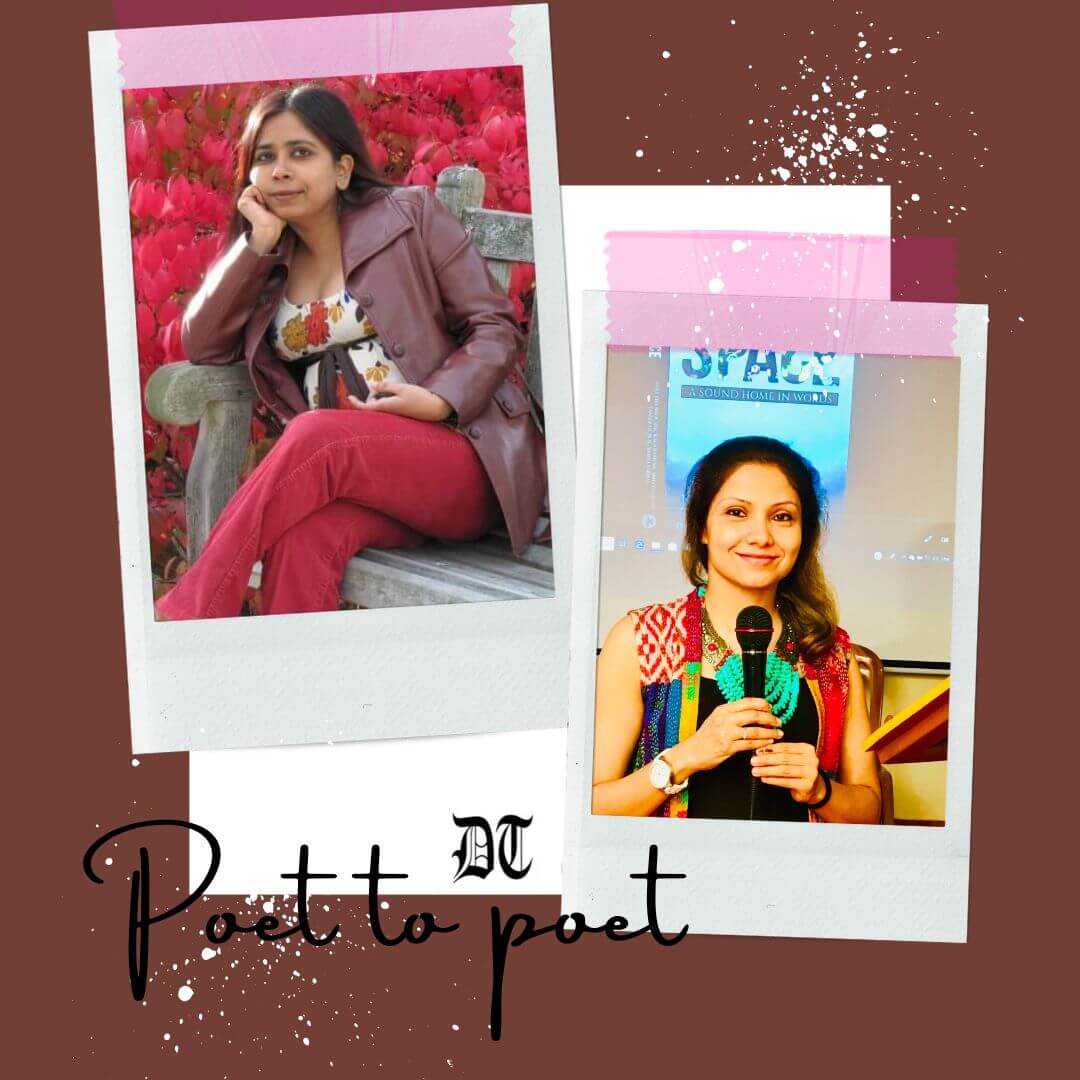
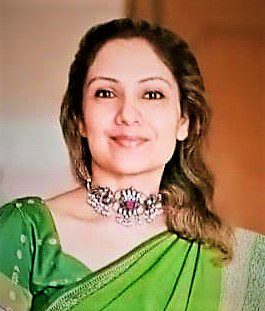

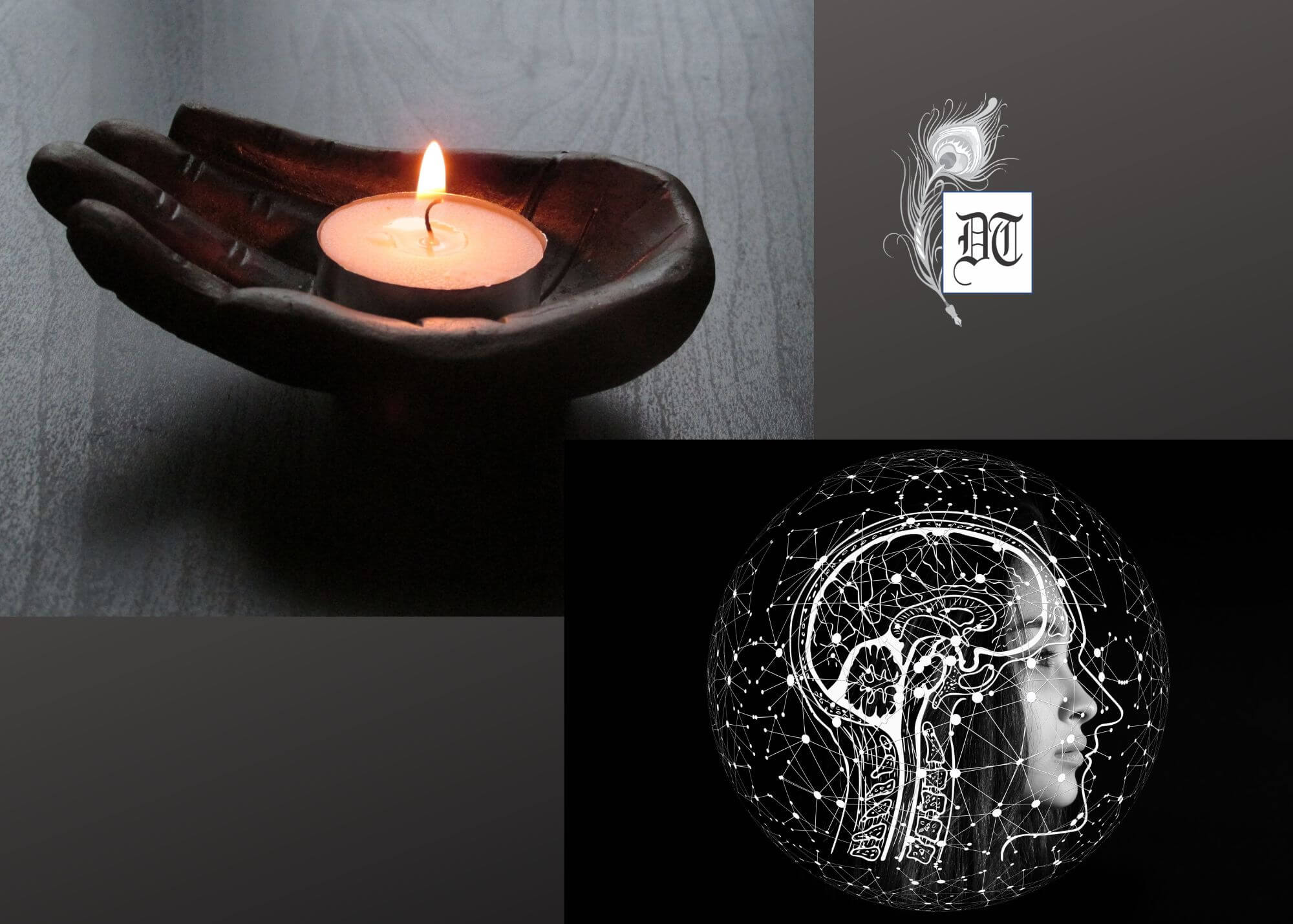
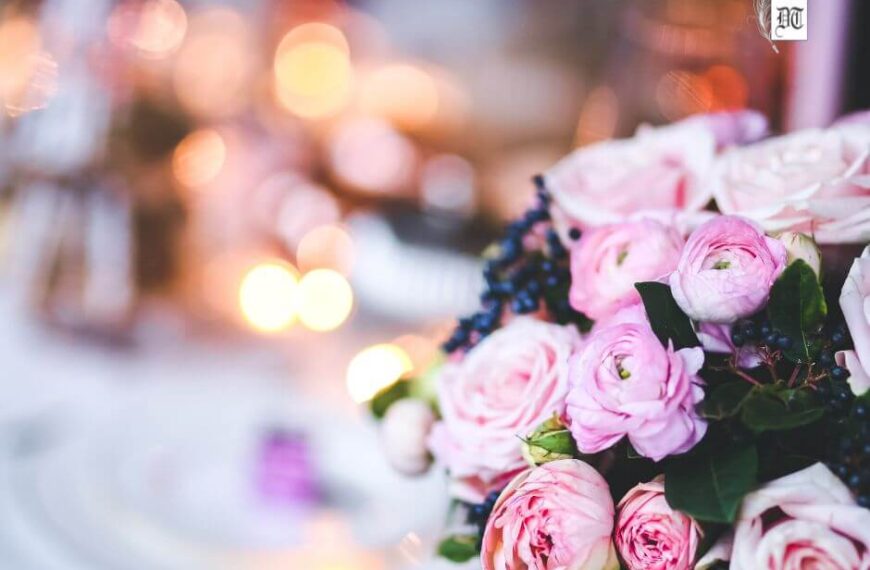
 By
By

 By
By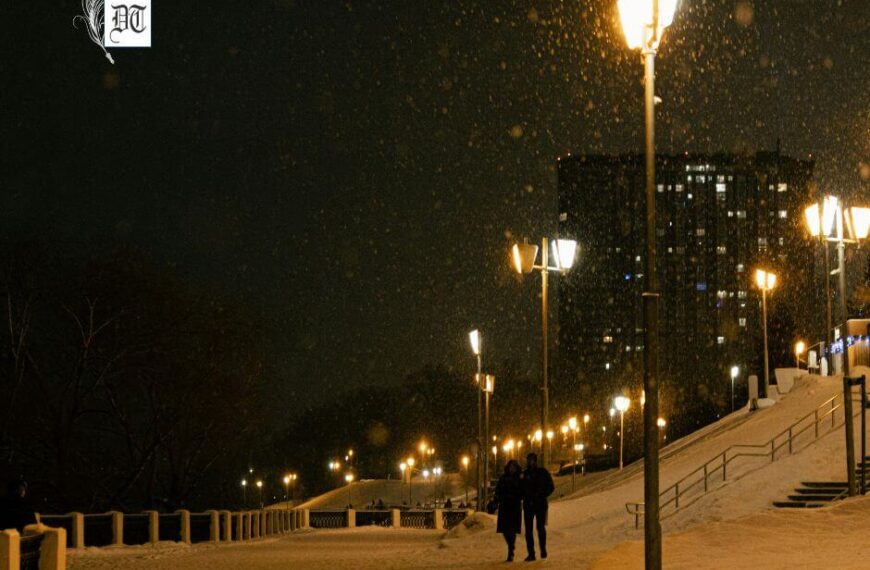
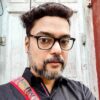 By
By